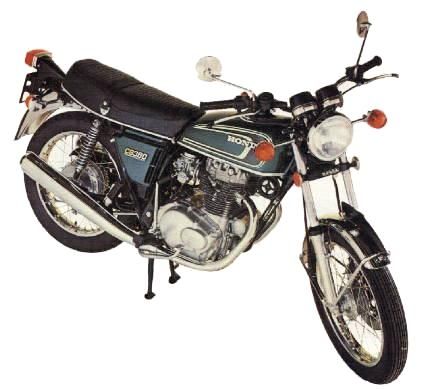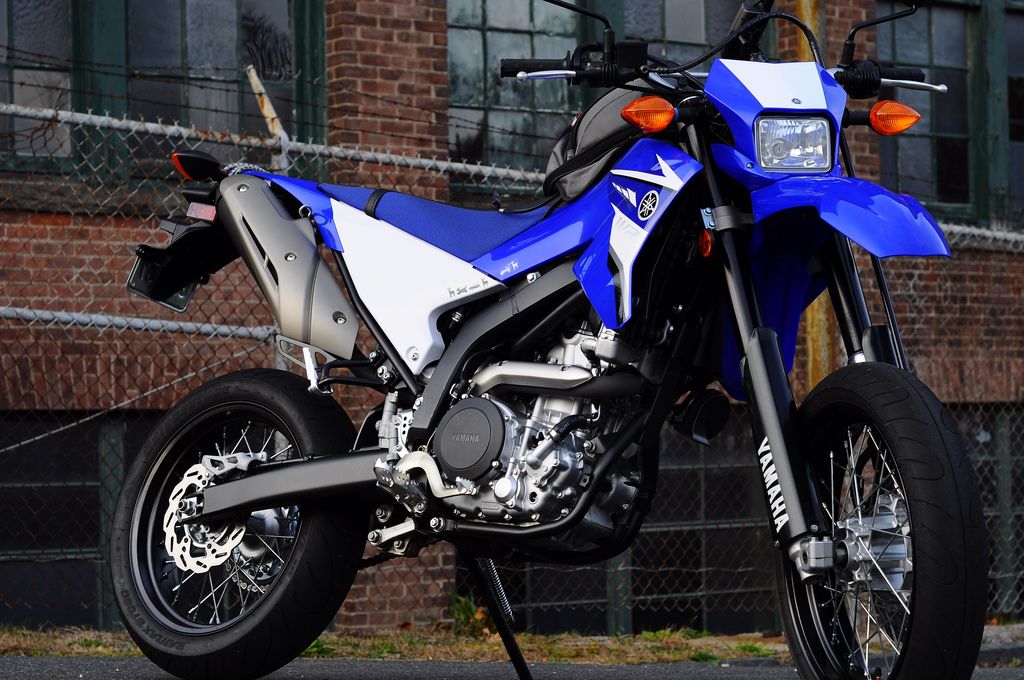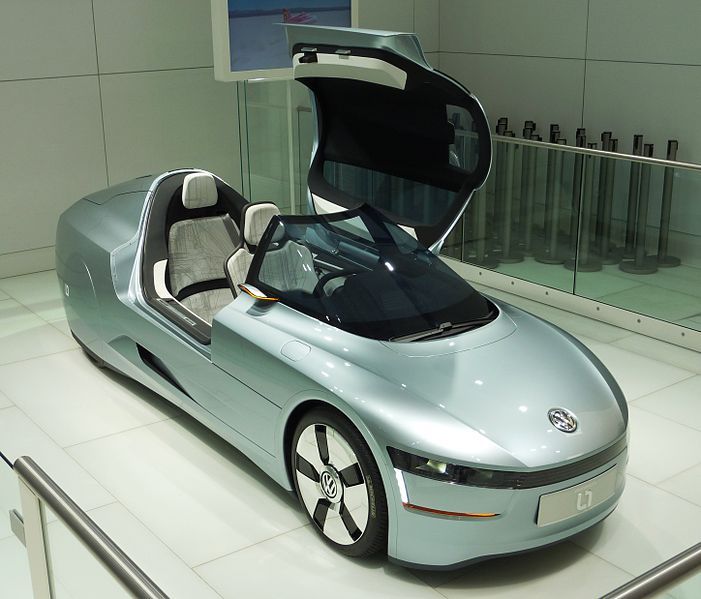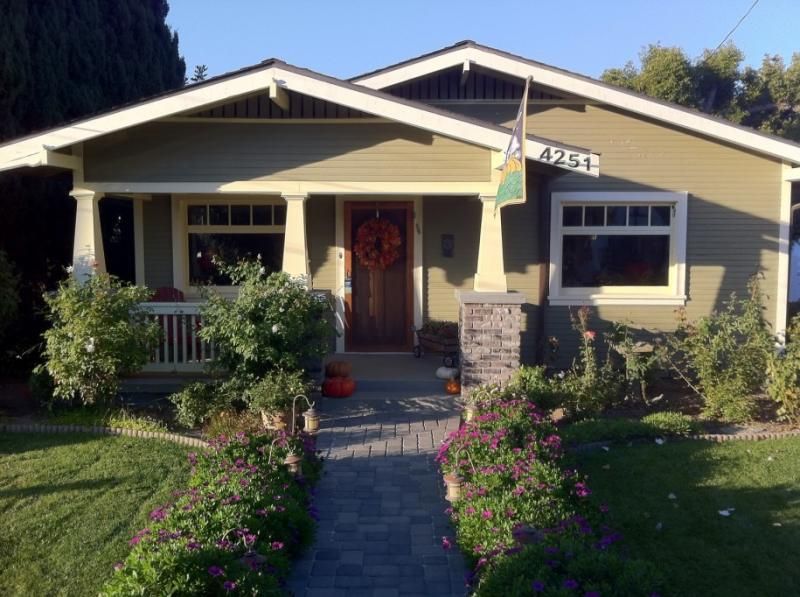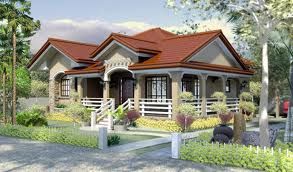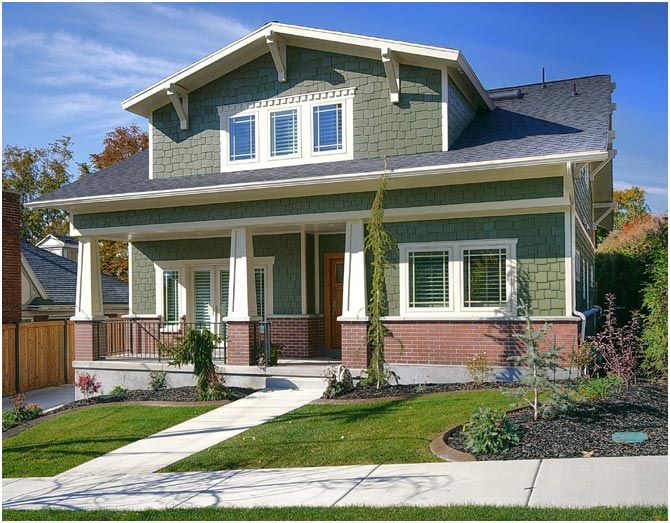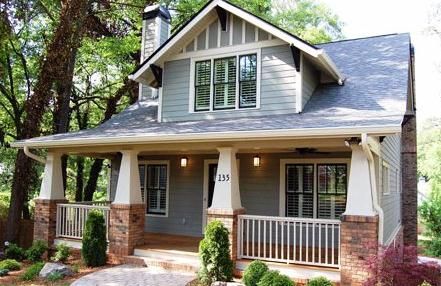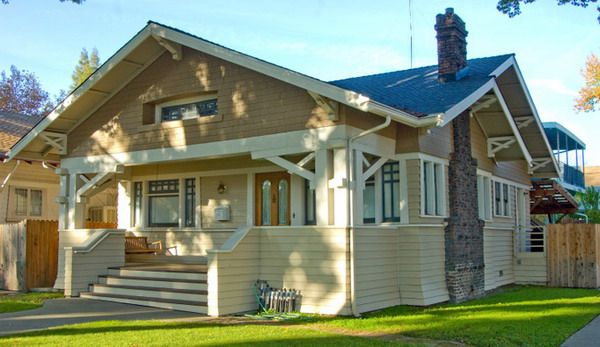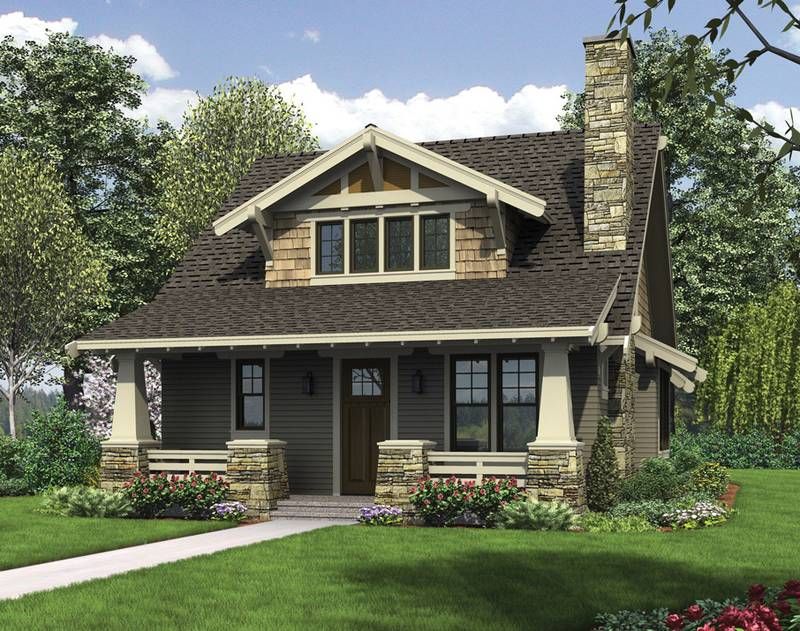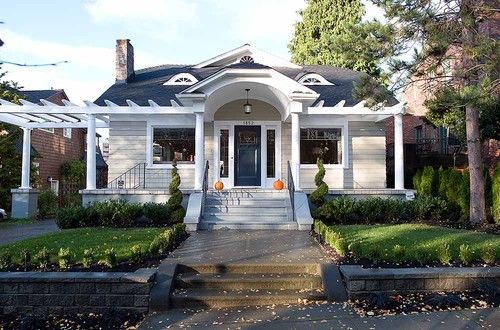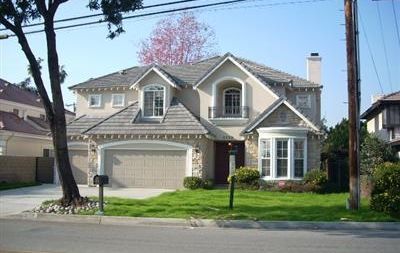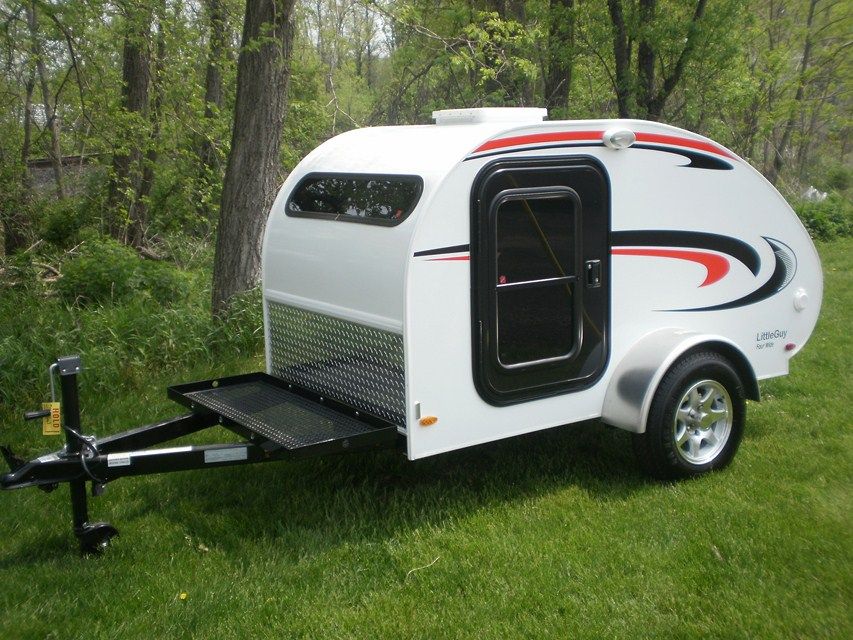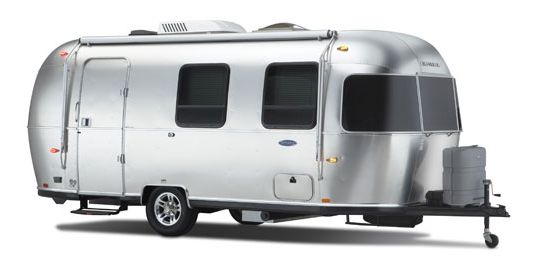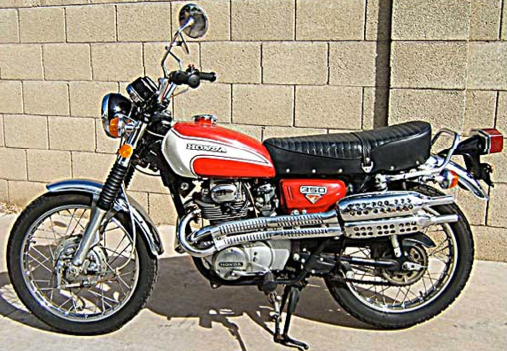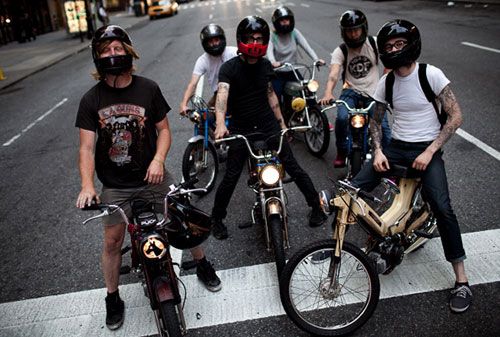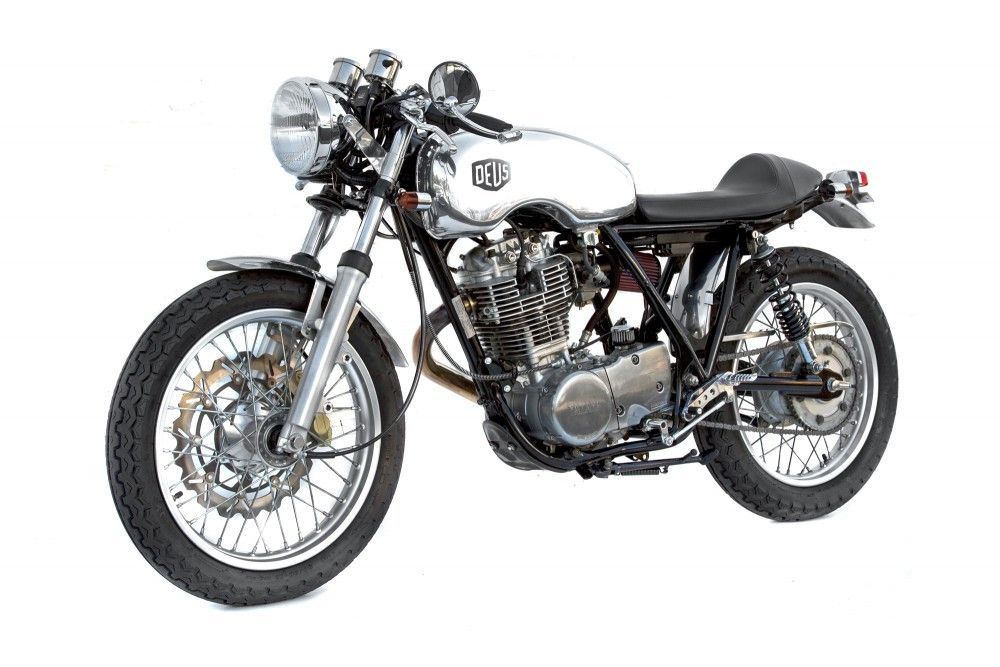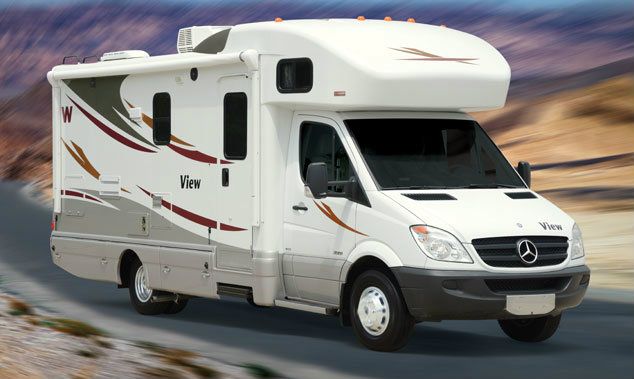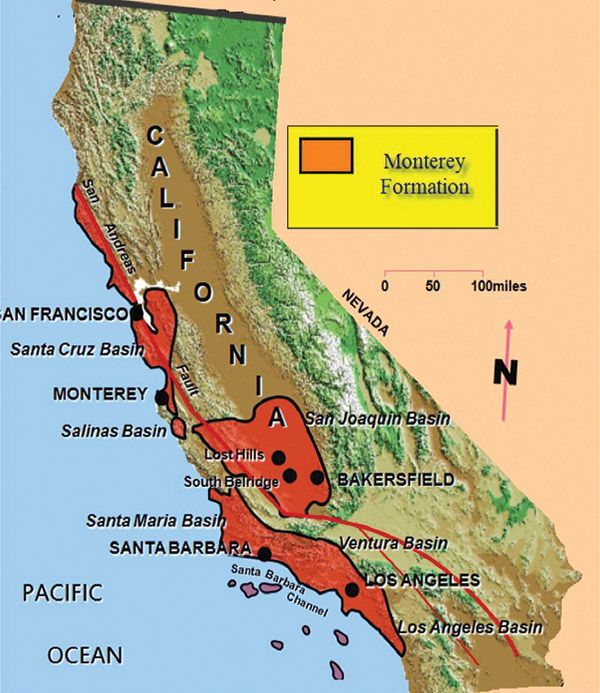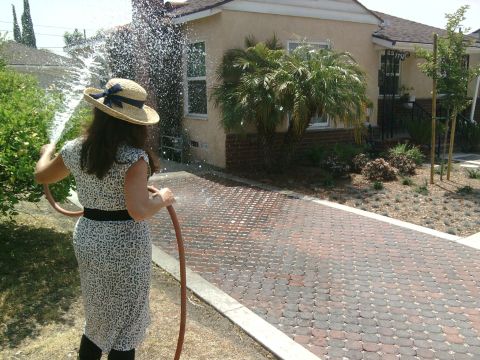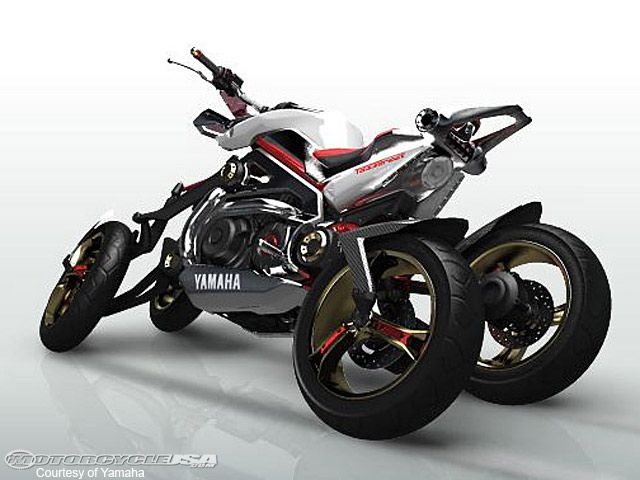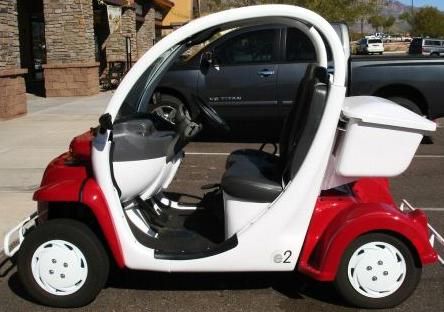What are your options?
- Bicycle.
- Electric bicycle
- Moped
- Scooter/Underbone
- Motorcycle
- Hybrid electric car
- Electric car
- Ultralight car
- Carpool (ugh!)
- Mass Transit (yeah RIGHT!)
Mass Transit is mostly a showing the flag kind of thing. They don't have enough buses or trains in most towns to come more than every 45-90 minutes, and they don't have enough seats for everyone if cars ceased to be available.
Carpooling has some issues. Someone is always late and lazy and delaying the car can get everyone fired.
Electric cars and ultralight cars are either expensive or currently illegal and hybrids still use gasoline, albeit less gasoline.
A bicycle has around 20 miles of realistic range for you to get to work, have the energy to do the job, and have the energy to pedal it home. If you live more than 20 miles? Or you have hills? Forget it.
An electric bicycle will let you get those 20 miles a little less tired, and you can usually recharge it at work. They get a substantial tax writeoff for letting you. However, be prepared to pay $500-1000 per year to replace the batteries to run the bicycle. If you discharge half the battery you lose 20% of the battery charge permanently to chemical changes. If it gets HOT, this happens even quicker. This means you only really have about 50% of the stated Amps, which means you have to buy a much bigger capacity and weight battery than you thought you needed. You can avoid this, temporarily, if you use a LiFePO (Lithium Iron Phosphate) battery instead, as it allows many more recharges and avoids the crystallization problem. In cell phones the battery swells, something I'm sure you've personally seen. Phosphate and Carbon nanotubes bridges inside the battery should greatly improve battery life and allow you to use more of it but since this is new technology these are premium batteries and cost three times as much. I've read that the best regen brakes are about 20% efficient and cost about the same as a scooter so aren't really worth the money. So yes, an electric bicycle has value, but its used motorcycle money. A motorcycle which requires no charging or battery replacement.
If you have SOME fuel access, such as a ration card or convert your bike to run on ethanol and stockpile that, a scooter or motorcycle makes more sense than an electric bicycle. They exist now, they need fuel to run, but they are less expensive to maintain and cheap to buy, at least for now anyway. They don't require rare earth elements electric motors or stealable lithium batteries. While scooters are easy for carrying groceries home and have a certain style, their small wheels are bad on bumpy pavement and with no oil to waste, we're going to see our roads fall apart. I'm sorry but they will. I like pavement too. I ride a bicycle after all. Something bicyclists will like about motorcycles is they ride very similarly, only you aren't tired when you go uphill. The instincts to riding a bike transfer nicely into a motorcycle. Leaning into corners, steering, its so simple you are baffled people take classes in this. If the OPOC ever comes out for scooters, get one and you can run Biodiesel, which keeps forever and can be easily stockpiled. I'd totally do that, though I am starting to wonder if the Chinese factory is going to build them small after all. From what I see on their ads, they're aiming at truck engines and boats right now. The 50cc model they originally showed off doesn't seem to get any press. A pity since that has potential for bikes.
I still like the basic efficiency of the MadAss underbone motorcycle. Its NOT perfect, but the price and delivery model I like. $2500 crate to your door. Oh yeah, that's service. Attach handlebars and mirrors and signals, change oil, fill tank, run it down to DMV for registration, tax, and plate, voila! All for half the price of a Vespa that you aren't allowed to do the services on without breaking the warranty you have to pay for. On the MadAss you can swap engines with four bolts, and apparently it takes well to kick starters since the engine is small. And it gets 110 MPG. I do think I'd want the oil cooler and spare brake pads and the stiffer suspension since apparently its sprung really light on the front, as if they were expecting 120 pound riders or something ridiculous like that.
While the MadAss is probably a good bike, its not the cheapest option. A used Enduro is probably under $1000 and probably half that, already has long travel suspension. Its just ugly. Buy some road wheels and appropriate length progressive shocks and it becomes a credible road bike. Without the right fairings it won't be very comfy or stable on the freeway but out there, heavy bikes seem the most stable. Until such time as the governor lowers speed limits, which would be an unpopular move, we're kinda stuck as is.
Imagine if Honda would ship their old bikes and underbones and scooters to you direct instead of funneling them through overpriced dealerships? You still can visit the dealer for tuneups if you want, but fixed price sales? Hell yes. Delivery by crate is a good thing.
I recently learned that my own Dad had a Honda 360 when I was a toddler. He gave me rides on it, tied to him with a belt. Scared the hell out of me. There's this twisty road above Marin General Hospital he used to go on... yikes. Scary as hell when your legs are under a foot long. The CB360 is the standard Japanese motorcycle I'd like to get, if I can track one down. It is easier to get Japanese bike parts than Italian scooter parts, though both are made in China. Vespa send the Italian parts to Italy, which is the other side of the world from California. Japan is about 10 days by containership, considerably faster than Italy, various ports, and all those railroads across the country. The Honda CB360 is light and has adequate power to go on the highway. Probably not enough for the freeway, unfortunately, but 55 mph they should be able to do it. Since the state of California are being utter tards to the motorcycle industry, which makes high efficiency vehicles that can reduce total CO and CO2 compared to SUVs... oh well. They'll change when they have to. I still want the bike. I think Dad would be well pleased and fondly nostalgic over it.
I'm sure that someday narrowtrack vehicles which are only 4 feet wide, like the VW 1L, will become more popular. With lower speed limits they'll be safe enough.
Eventually someone will probably invent a better battery for a cheaper electric car.
Eventually motors that let us stop using foreign oil will get into our vehicles, and things will get better.
Eventually.
For now, we should be asking ourselves what sort of gear to wear on our bikes, and if we'll look silly or sexy. Are you sexy enough to ride a bike? Or should you shuffle onto a bus and smell other people's BO? Isn't the stink enough to motivate you to some exercise? And if it isn't, maybe you should ride a bus soon to remind yourself.
An electric bicycle will let you get those 20 miles a little less tired, and you can usually recharge it at work. They get a substantial tax writeoff for letting you. However, be prepared to pay $500-1000 per year to replace the batteries to run the bicycle. If you discharge half the battery you lose 20% of the battery charge permanently to chemical changes. If it gets HOT, this happens even quicker. This means you only really have about 50% of the stated Amps, which means you have to buy a much bigger capacity and weight battery than you thought you needed. You can avoid this, temporarily, if you use a LiFePO (Lithium Iron Phosphate) battery instead, as it allows many more recharges and avoids the crystallization problem. In cell phones the battery swells, something I'm sure you've personally seen. Phosphate and Carbon nanotubes bridges inside the battery should greatly improve battery life and allow you to use more of it but since this is new technology these are premium batteries and cost three times as much. I've read that the best regen brakes are about 20% efficient and cost about the same as a scooter so aren't really worth the money. So yes, an electric bicycle has value, but its used motorcycle money. A motorcycle which requires no charging or battery replacement.
If you have SOME fuel access, such as a ration card or convert your bike to run on ethanol and stockpile that, a scooter or motorcycle makes more sense than an electric bicycle. They exist now, they need fuel to run, but they are less expensive to maintain and cheap to buy, at least for now anyway. They don't require rare earth elements electric motors or stealable lithium batteries. While scooters are easy for carrying groceries home and have a certain style, their small wheels are bad on bumpy pavement and with no oil to waste, we're going to see our roads fall apart. I'm sorry but they will. I like pavement too. I ride a bicycle after all. Something bicyclists will like about motorcycles is they ride very similarly, only you aren't tired when you go uphill. The instincts to riding a bike transfer nicely into a motorcycle. Leaning into corners, steering, its so simple you are baffled people take classes in this. If the OPOC ever comes out for scooters, get one and you can run Biodiesel, which keeps forever and can be easily stockpiled. I'd totally do that, though I am starting to wonder if the Chinese factory is going to build them small after all. From what I see on their ads, they're aiming at truck engines and boats right now. The 50cc model they originally showed off doesn't seem to get any press. A pity since that has potential for bikes.
I still like the basic efficiency of the MadAss underbone motorcycle. Its NOT perfect, but the price and delivery model I like. $2500 crate to your door. Oh yeah, that's service. Attach handlebars and mirrors and signals, change oil, fill tank, run it down to DMV for registration, tax, and plate, voila! All for half the price of a Vespa that you aren't allowed to do the services on without breaking the warranty you have to pay for. On the MadAss you can swap engines with four bolts, and apparently it takes well to kick starters since the engine is small. And it gets 110 MPG. I do think I'd want the oil cooler and spare brake pads and the stiffer suspension since apparently its sprung really light on the front, as if they were expecting 120 pound riders or something ridiculous like that.
While the MadAss is probably a good bike, its not the cheapest option. A used Enduro is probably under $1000 and probably half that, already has long travel suspension. Its just ugly. Buy some road wheels and appropriate length progressive shocks and it becomes a credible road bike. Without the right fairings it won't be very comfy or stable on the freeway but out there, heavy bikes seem the most stable. Until such time as the governor lowers speed limits, which would be an unpopular move, we're kinda stuck as is.
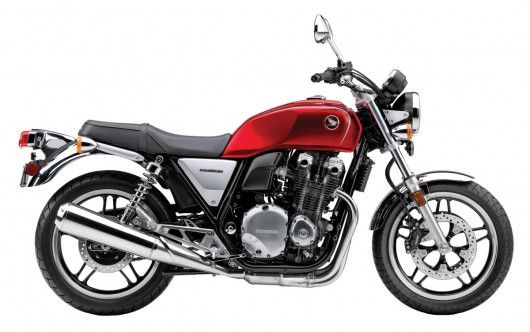 |
| CB1100 bike of the year 2013 |
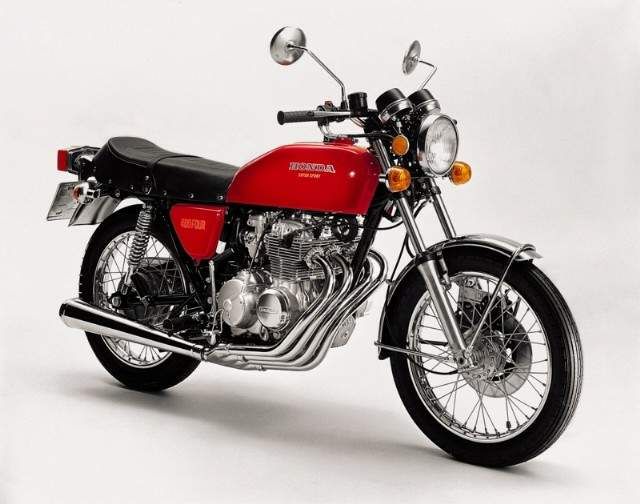 |
| CB400F, circa 1960 something |
 |
| Honda Wave 125. Not Available in USA. |
I'm sure that someday narrowtrack vehicles which are only 4 feet wide, like the VW 1L, will become more popular. With lower speed limits they'll be safe enough.
Eventually someone will probably invent a better battery for a cheaper electric car.
Eventually motors that let us stop using foreign oil will get into our vehicles, and things will get better.
Eventually.
For now, we should be asking ourselves what sort of gear to wear on our bikes, and if we'll look silly or sexy. Are you sexy enough to ride a bike? Or should you shuffle onto a bus and smell other people's BO? Isn't the stink enough to motivate you to some exercise? And if it isn't, maybe you should ride a bus soon to remind yourself.
